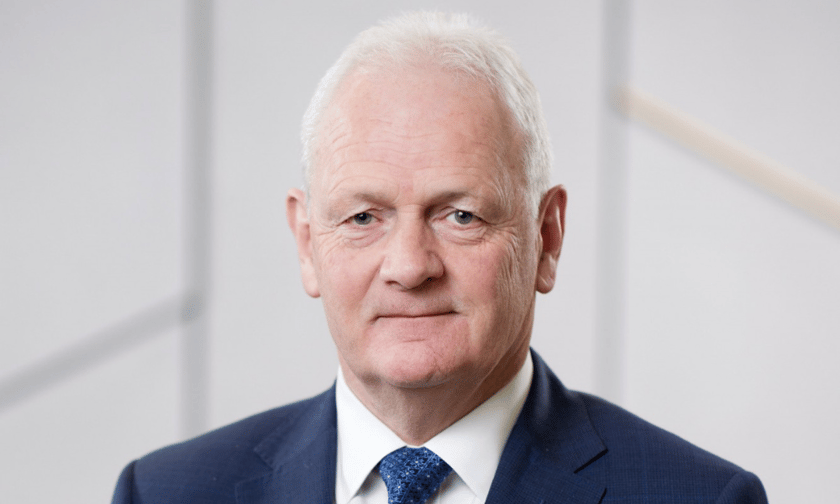

The Australian government has introduced a revised Core Skills Occupation List (CSOL), which includes nine essential automotive trades among 456 roles eligible for skilled migration under the newly created Skills in Demand visa and the Employer Nomination Scheme (subclass 186) visa.
Scheduled to take effect on Dec. 7, the CSOL is part of efforts to tackle acute labour shortages in industries with high demand for specialised skills.
The Victorian Automotive Chamber of Commerce (VACC) and the Motor Trades Association of Australia (MTAA) have welcomed the initiative, which they say is the result of persistent industry advocacy.
Geoff Gwilym (pictured), VACC chief executive, said the decision provides a critical pathway to address challenges in the automotive sector.
“The inclusion of these critical automotive occupations acknowledges the severe skills shortages facing our sector and provides a clear pathway for addressing workforce challenges,” he said.
In October, the VACC called on the Australian Competition and Consumer Commission (ACCC) to address several pressing issues in the automotive industry as part of its 2024 Strategic Review.
In its recommendations, the VACC outlined concerns around electric vehicle (EV) education, warranty practices, repair data access, and environmental claims, urging stronger regulatory oversight to support businesses and consumers navigating the industry’s transformation.
Key trades included in the CSOL are:
The government’s decision follows an evidence-backed submission by the MTAA and VACC, supported by economic research from Deloitte Access Economics.
The submission used data on wages, workforce shortages, and member feedback to underline the urgent need for skilled migration in automotive trades.
Gwilym said the result shows the strength of a unified industry voice supported by robust data.
“The evidence-based submission, incorporating detailed wage data and industry insights, clearly demonstrated the critical need for skilled automotive workers in Australia,” he said.
Matt Hobbs, CEO of MTAA, highlighted the importance of continued collaboration with the government to ensure these measures meet the sector’s long-term requirements.
“The sheer number of businesses and diversity of the MTA member network is the strength of the MTAA. We represent the Australian automotive industry from dealer to recycler and everyone in between. This result highlights what can be achieved when we work together as one industry,” he said.
